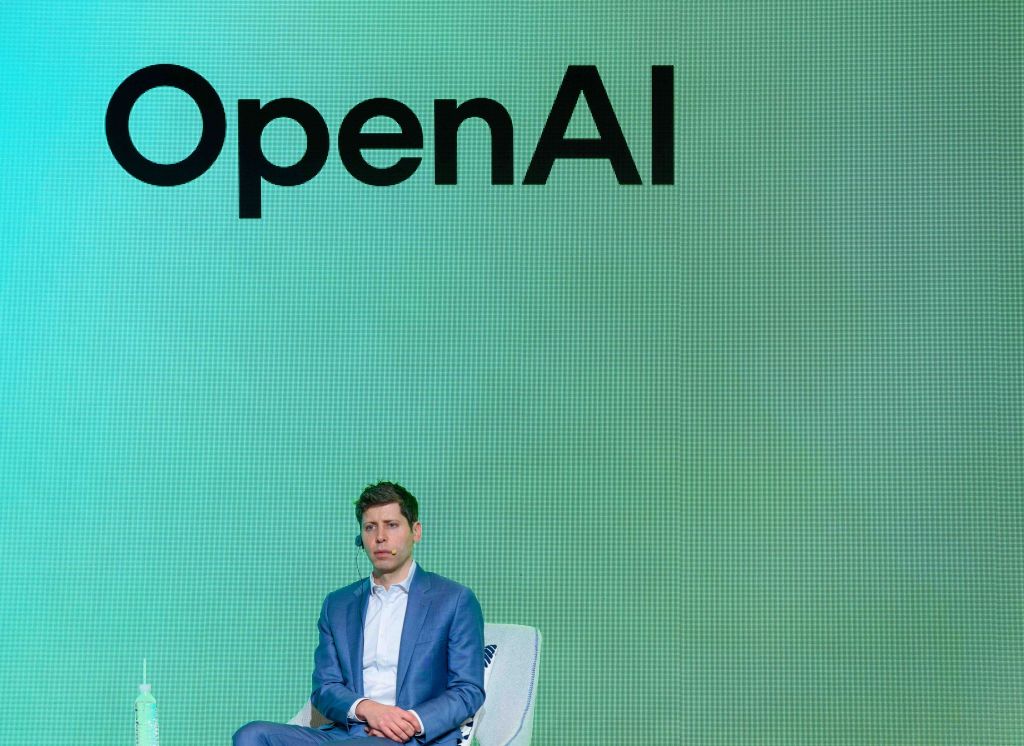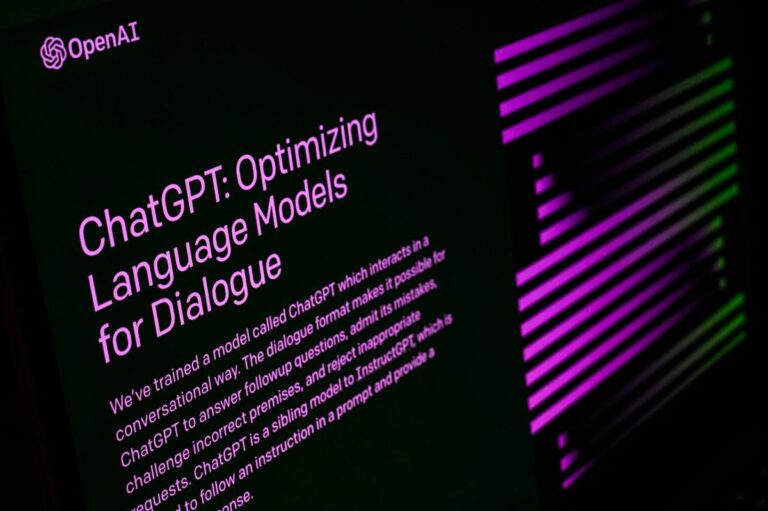Why OpenAI is Holding Back Deep Research Integration in Its API for Now
OpenAI’s recent announcement has sparked discussions around its AI model and the associated risks of persuasion. The company clarified that its research on persuasion is distinct from its plans to release the deep research model through its API. This update is crucial for understanding OpenAI’s approach to AI ethics and responsibility in technology deployment.
OpenAI’s Clarification on Deep Research Model
OpenAI has stated that it will not be integrating the deep research model into its developer API until it can thoroughly evaluate the risks of AI persuasion. This decision arises amid concerns about the potential misuse of AI technologies for misinformation and manipulation.
Revising Persuasion Assessment Methods
In a whitepaper published recently, OpenAI outlined its ongoing efforts to enhance its methods for assessing “real-world persuasion risks.” These risks include:
- Distributing misleading information at scale
- Influencing public opinion through deceptive means
- Personalizing harmful content using AI technologies
OpenAI believes that the deep research model is not suitable for widespread misinformation campaigns due to its high computational costs and slower processing speeds. The company emphasized its commitment to exploring how AI can be used responsibly before considering an API release.
Concerns Over AI and Misinformation
The rise of AI technologies has raised significant concerns about their role in spreading false information. Notable incidents include:
- Political deepfakes that misrepresent candidates’ positions
- Social engineering attacks that exploit celebrity deepfakes to deceive consumers
- Corporate fraud through impersonation tactics using AI
These cases highlight the pressing need for ethical guidelines in AI deployment, especially concerning research and development practices.
Testing the Deep Research Model’s Effectiveness
In its whitepaper, OpenAI also shared results from tests conducted with the deep research model, revealing insights into its persuasive capabilities. The model, a variant of OpenAI’s recently announced o3 reasoning model, performed competitively, achieving:
- Top performance in persuasive argument writing among OpenAI’s models
- Superior results in persuading another model (GPT-4o) for financial transactions
However, it did not consistently outperform human benchmarks and had limitations in certain tasks, indicating that further enhancements are necessary.
Future Prospects and Competition
OpenAI acknowledged that observed test results might represent the “lower bounds” of the model’s capabilities. They suggested that improvements in capability elicitation could lead to significant enhancements in performance.
Interestingly, competitors are also entering the field. Perplexity recently announced its own API offering, Deep Research, powered by a version of the R1 model from Chinese AI lab DeepSeek, showcasing the competitive landscape in AI research tools.
For more information about OpenAI’s initiatives, visit OpenAI’s official website.
As developments unfold, we will continue to monitor OpenAI’s strategies and competitive responses in the AI landscape.







